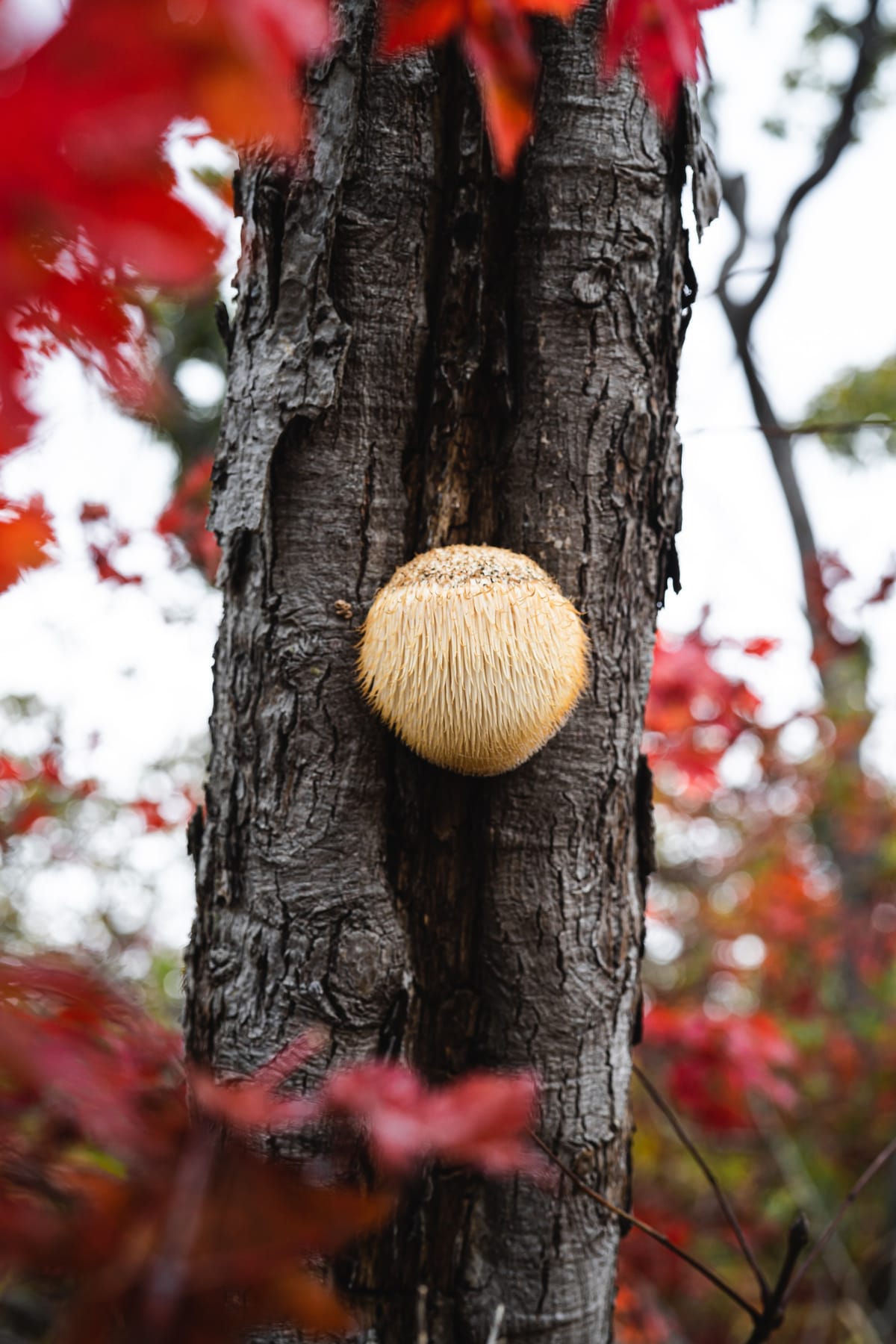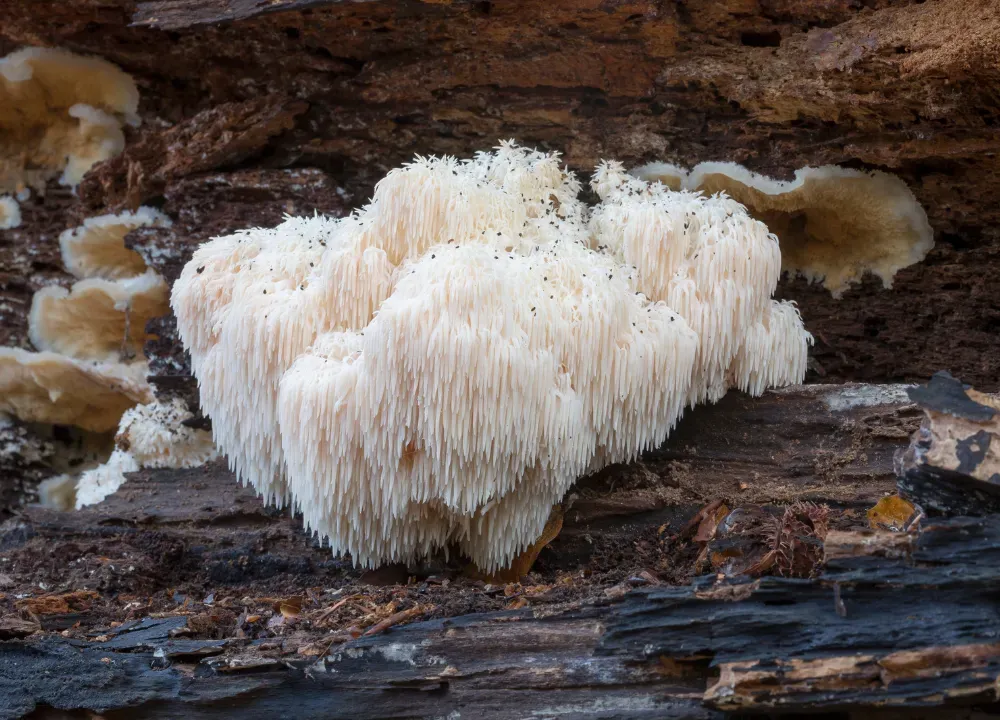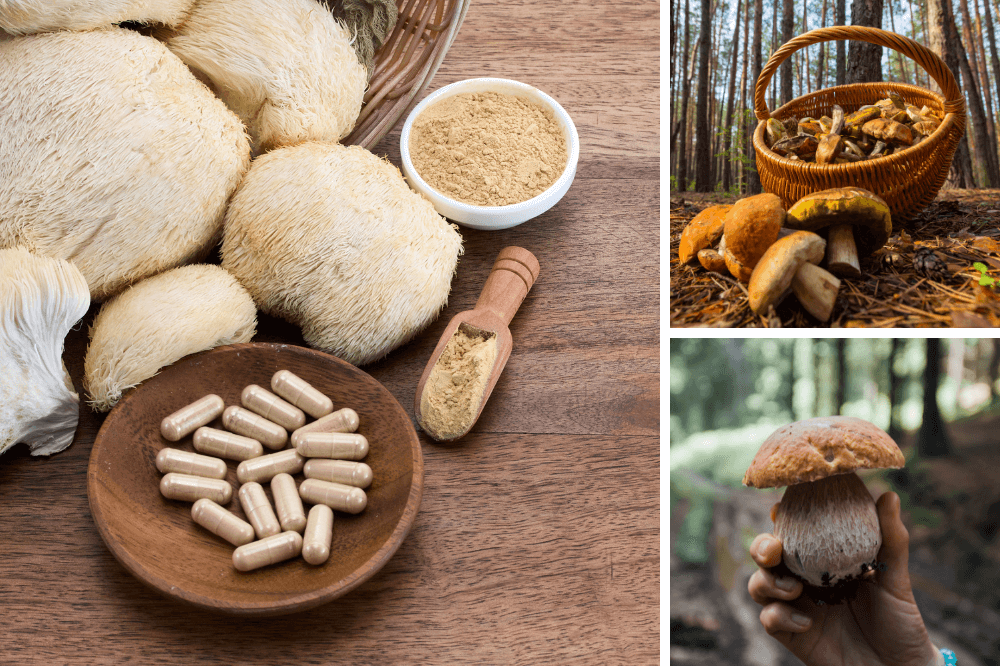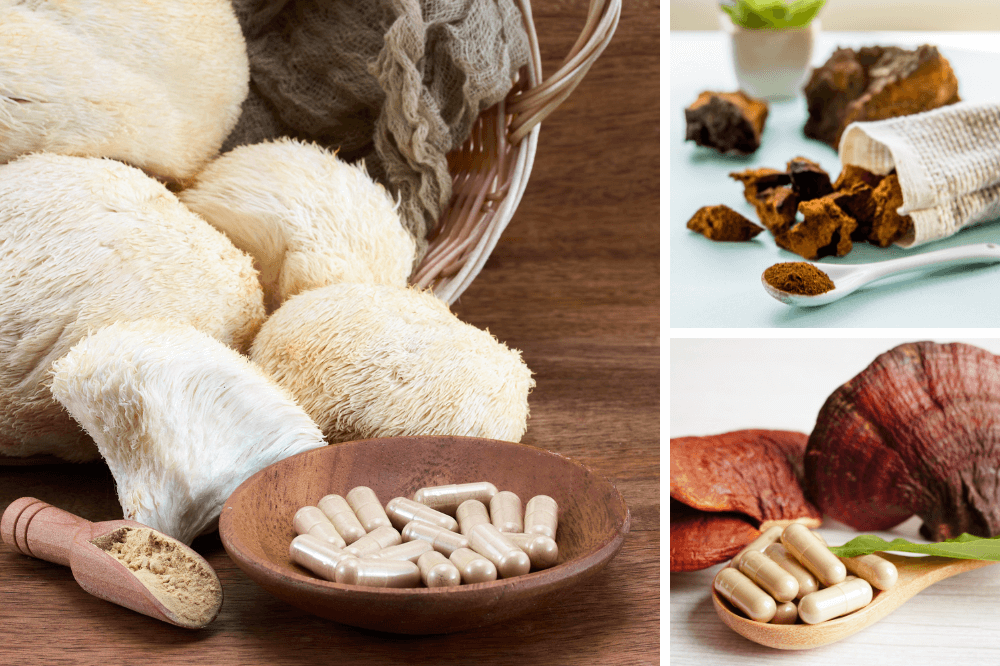Key Takeaways:
- Lion's mane mushrooms offer a plethora of health benefits, including cognitive enhancement and nerve regeneration.
- Research suggests lion's mane may help with digestive health, heart health, and even cancer prevention.
- Lion's mane supplements are available in various forms, making it easy to incorporate into your daily routine.
Introduction
Lion's mane mushrooms, scientifically known as Hericium erinaceus, have been a staple in traditional Chinese medicine for centuries. These unique, shaggy mushrooms are not only visually striking but also pack a punch when it comes to health benefits. From boosting brain function to aiding digestive health, lion's mane mushrooms are gaining popularity in the wellness community. But what exactly is lion's mane good for? Let's dive into the myriad benefits of this fascinating fungus.
Cognitive Function and Brain Health
Lion's mane mushrooms are often dubbed the "smart mushroom" for their potential to enhance cognitive function. Research suggests that lion's mane can stimulate brain cell growth, thanks to compounds called hericenones and erinacines. These compounds promote the production of nerve growth factor (NGF), which is crucial for the maintenance and regeneration of nerve cells.

In a small study involving older adults with mild cognitive impairment, participants who took lion's mane mushroom extract daily showed significant improvements in cognitive test scores compared to the placebo group. This suggests that lion's mane may be beneficial for those experiencing memory loss or other cognitive issues.
Nerve Regeneration and Injury Recovery
One of the most remarkable benefits of lion's mane is its ability to aid in nerve regeneration. This is particularly beneficial for individuals recovering from nervous system injuries. Animal research shows that lion's mane can help repair nerve damage and improve the recovery process.
In lab and animal studies, lion's mane has been shown to promote neurite outgrowth, which is the process by which nerve cells grow and form new connections. This could have significant implications for conditions like spinal cord injuries and degenerative brain diseases such as Parkinson's disease.
Digestive Health and Stomach Ulcers
Lion's mane mushrooms are also known for their positive effects on digestive health. They have been used traditionally to treat stomach ulcers and other gastrointestinal issues. The bioactive compounds in lion's mane can help protect the stomach lining and reduce inflammation, making it a potential remedy for conditions like inflammatory bowel disease and ulcerative colitis.
Research involving humans has shown that lion's mane can inhibit the growth of H. pylori, a bacterium that causes stomach ulcers. This makes lion's mane a promising natural treatment for those suffering from digestive tract issues.
Heart Health and Cholesterol Levels
Heart health is another area where lion's mane mushrooms shine. Studies have shown that lion's mane can help lower blood sugar levels and reduce the risk of heart disease. The mushroom's anti-inflammatory effects can also help reduce chronic inflammation, which is a major risk factor for heart disease.
Animal studies have demonstrated that lion's mane can lower levels of oxidized cholesterol molecules, which tend to form plaques in the arteries. This can help prevent blood clots and improve overall cardiovascular health.
Cancer Prevention and Treatment
Lion's mane mushrooms may also have potential benefits in cancer prevention and treatment. Lab studies have shown that lion's mane extracts can inhibit the growth of human cancer cells and even induce apoptosis, or programmed cell death, in certain types of cancer cells.

While more research is needed, these findings suggest that lion's mane could be a valuable addition to cancer treatment protocols. The mushroom's ability to boost the immune system and reduce oxidative stress further supports its potential role in cancer prevention.
Mental Health and Depressive Behaviors
Mental health is another area where lion's mane mushrooms show promise. Research suggests that lion's mane can help alleviate symptoms of depression and anxiety. In a small clinical trial, participants who took lion's mane mushroom supplementation reported a significant reduction in depressive behaviors compared to the placebo group.
The mushroom's ability to stimulate brain cell growth and improve cognitive function may also contribute to its positive effects on mental health. This makes lion's mane a potential natural remedy for those struggling with mental health issues.
Immune System Support
A weak immune system puts you at risk for various infections and diseases. Lion's mane mushrooms can help strengthen the immune system by boosting the activity of the intestinal immune system. This is crucial for overall health, as a strong immune system can help protect against a wide range of illnesses.
Animal research shows that lion's mane can enhance the production of beneficial gut bacteria, which play a key role in immune function. This makes lion's mane a valuable addition to any wellness regimen aimed at improving immune health.
Anti-Inflammatory Effects
Chronic inflammation is a common underlying factor in many diseases, including heart disease, diabetes, and cancer. Lion's mane mushrooms have potent anti-inflammatory effects that can help reduce inflammation throughout the body. This can be particularly beneficial for individuals with inflammatory conditions like arthritis or inflammatory bowel disease.
The mushroom's bioactive compounds can help modulate the immune response and reduce the production of pro-inflammatory cytokines. This makes lion's mane a powerful natural anti-inflammatory agent.
Blood Sugar Regulation
Lion's mane mushrooms may also help regulate blood sugar levels, making them beneficial for individuals with diabetes or those at risk of developing the condition. Animal studies have shown that lion's mane can improve insulin sensitivity and reduce blood sugar levels.
The mushroom's ability to lower blood sugar levels can help prevent complications associated with diabetes, such as nerve damage and cardiovascular issues. This makes lion's mane a valuable natural remedy for managing blood sugar levels.
Antioxidant Properties
Oxidative stress is a major contributor to aging and various diseases. Lion's mane mushrooms are rich in antioxidants, which can help neutralize free radicals and reduce oxidative stress. This can help protect against cellular damage and improve overall health.
The mushroom's antioxidant properties can also help support brain health and reduce the risk of neurodegenerative diseases. This makes lion's mane a valuable addition to any anti-aging or wellness regimen.
Gut Health and Microbiome Balance
A healthy gut is essential for overall health, and lion's mane mushrooms can help support gut health by promoting a balanced microbiome. The mushroom's prebiotic properties can help feed beneficial gut bacteria, which play a crucial role in digestion and immune function.

Research suggests that lion's mane can help improve gut health by reducing inflammation and promoting the growth of beneficial bacteria. This makes it a valuable natural remedy for individuals with digestive issues or those looking to improve their gut health.
Potential Side Effects and Precautions
While lion's mane mushrooms are generally considered safe, it's important to be aware of potential side effects and precautions. Some individuals may experience allergic reactions, such as skin rashes or difficulty breathing. If you have a known mushroom allergy, it's best to avoid lion's mane.
It's also important to consult with a healthcare provider before taking lion's mane supplements, especially if you have a medical condition or are taking medications. This can help ensure that lion's mane is safe and appropriate for your individual health needs.
Forms of Lion's Mane Supplements
Lion's mane mushrooms are available in various forms, making it easy to incorporate them into your daily routine. Common forms include lion's mane mushroom powder, capsules, and extracts. Each form has its own benefits and can be used in different ways.
Lion's mane mushroom powder can be added to smoothies, teas, or recipes, while capsules offer a convenient way to take lion's mane on the go. Extracts are often more concentrated and can be taken in smaller doses. Choose the form that best fits your lifestyle and health goals.
How to Incorporate Lion's Mane into Your Diet
Incorporating lion's mane mushrooms into your diet is easy and can be done in various ways. Fresh mushrooms can be cooked and added to dishes like soups, stir-fries, and salads. Lion's mane mushroom powder can be mixed into smoothies, teas, or coffee for a quick and easy boost.

Lion's mane supplements, such as capsules or extracts, offer a convenient way to get your daily dose of this beneficial mushroom. Whether you prefer fresh mushrooms or supplements, there are plenty of options to choose from.
Research and Future Directions
While the potential health benefits of lion's mane mushrooms are promising, more research is needed to fully understand their effects. Most studies to date have been conducted on animals or in lab settings, and more human trials are needed to confirm these findings.
Future research should focus on larger, well-designed clinical trials to better understand the potential benefits and risks of lion's mane. This will help provide more definitive answers and guide recommendations for its use in various health conditions.
Summary
Lion's mane mushrooms offer a wide range of potential health benefits, from cognitive enhancement and nerve regeneration to digestive health and cancer prevention. While more research is needed to fully understand their effects, the existing evidence suggests that lion's mane is a valuable natural remedy for various health conditions. Whether you're looking to boost brain function, support heart health, or improve your immune system, lion's mane mushrooms are worth considering.
FAQ
1. What are the potential side effects of lion's mane mushrooms?
While lion's mane mushrooms are generally considered safe, some individuals may experience allergic reactions, such as skin rashes or difficulty breathing. It's important to consult with a healthcare provider before taking lion's mane supplements, especially if you have a medical condition or are taking medications.
2. How can I incorporate lion's mane mushrooms into my diet?
Lion's mane mushrooms can be incorporated into your diet in various ways. Fresh mushrooms can be cooked and added to dishes like soups, stir-fries, and salads. Lion's mane extract can be mixed into smoothies, teas, or coffee. Supplements, such as capsules or extracts, offer a convenient way to get your daily dose.
3. What does research say about the health benefits of lion's mane mushrooms?
Research suggests that lion's mane mushrooms offer a range of health benefits, including cognitive enhancement, nerve regeneration, digestive health, and cancer prevention. However, most studies have been conducted on animals or in lab settings, and more human trials are needed to confirm these findings.













